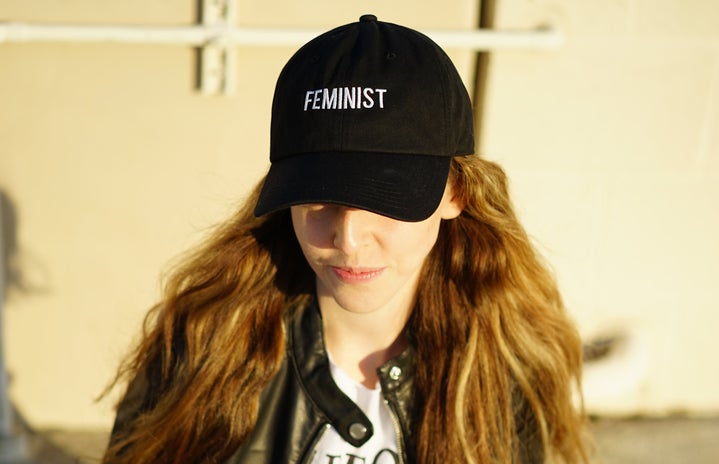If you paid attention to the news back in 2016, you probably saw the uproar that followed Donald Trump’s presidential victory even though Hillary Clinton won the popular vote. While most people attribute this outcome to older, uneducated white men, the real key voters responsible for Trump’s major win in 2016 were actually white women.
Most of these voters claim that they never really liked Clinton or how they wanted a ‘different kind’ of politician. This created what some call “the 53% problem in American feminism” – a reference to the 53% of white women that chose Trump in the last presidential election. But despite this majority, white feminists were urging resistance to his presidency just a few weeks after the election.
In fact, many were even calling for protests and marches to voice their opposition. For feminists of color, this sudden change made it seem like white women were putting on a front for the sake of gaining more recognition.
They began to ask questions like, “Were these women also at protests about police brutality or were they silently in the background? What about advocating to stop violence against women of color and transgender women?”
Questions like this emphasize the problem with white feminism – white feminists tend to be more concerned about issues that affect them or more specifically, those in the middle class.
Over the past 4 years, a significant number of these voters realized that they made a grave mistake – one they say they won’t make again. In fact, according to a survey from earlier this month, Joe Biden is ahead by almost 23 points with white women. Even in Pennsylvania, a battleground state, white women preferred the former vice president by over 13 points, based on a survey from September. However, though polls are showing Biden leading the race, it’s still important to keep in mind that Clinton was in a similar position before the election in 2016.
So what can we do this time? The most important thing we can do as women, even beyond the presidential election, is make our views intersectional; feminism focused towards one specific group of people is not truly feminism. Making sure we account for all women, regardless of who they are, is the only way to unite all of us and push society forward. As Audre Lorde said, “I am not free while any woman is unfree, even when her shackles are very different from my own.”
Sources:
https://theundefeated.com/features/black-women-say-white-feminists-have-a-trump-problem/
https://www.vogue.com/article/women-voted-trump-in-2016-flipped-biden-2020
https://www.marieclaire.com/politics/a34226421/white-women-trump-biden-voter-stories/
https://www.politico.com/news/2020/10/19/trump-white-women-pennsylvania-430165


